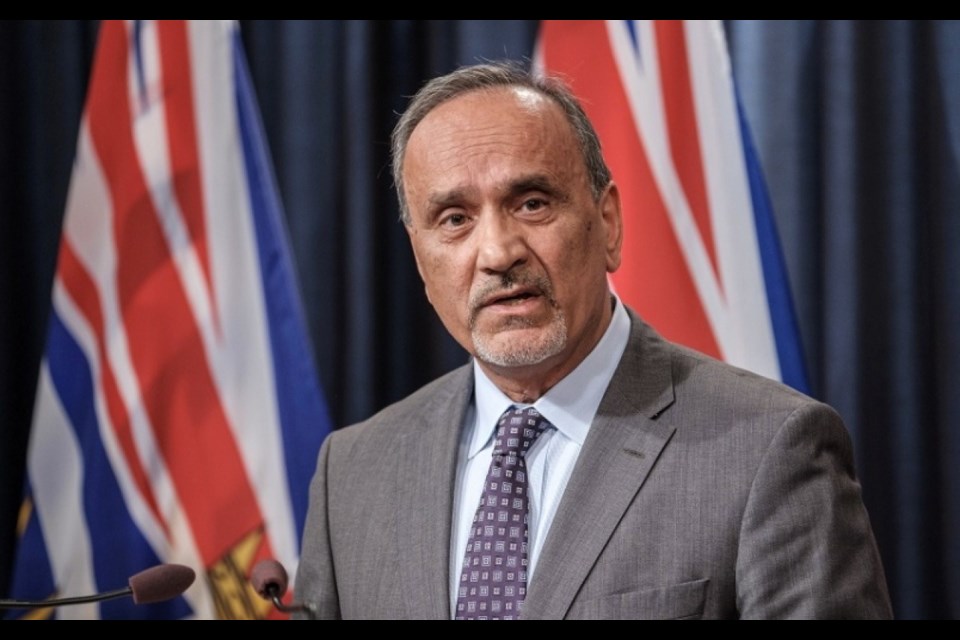The minimum hourly wage for federally regulated private-sector employees is set to increase by $1.10 to $16.65 on April 1, surpassing the minimum wage of B.C., presently set at $15.65.
Unlike the B.C. minimum wage, the federal minimum wage is pegged to the consumer price index (CPI), which rose 6.8 per cent over the past year, according to Statistics Canada.
The federal wage applies to the likes of airline industry workers, bankers, couriers and transportation service employees. The increase will impact roughly 26,000 workers.
B.C. increased its minimum wage to $15 per hour in 2021 but has not legislated increases pegged to the CPI; however, B.C. Minister of Labour Harry Bains has signalled this may soon be the case.
"After reaching the goal of $15/hour in 2021, we committed to tie future increases to the rate of inflation," stated Bains to Glacier Media by email. "While many employers pay higher than minimum wage, especially given current labour markets, we know that increasing the minimum wage is very important to support B.C.'s lowest-paid workers."
B.C. raised its minimum wage last year to $15.65. The ministry states an announcement for a 2023 increase will come "shortly."
Presently, B.C. has the highest provincial minimum wage among the 10 provinces. Ontario's rate is $15.50, and Alberta's is $15.
The annual B.C. CPI for February was 7.1 per cent, which formed the basis of the maximum wage increase for public service contracts this year, at 6.75 per cent.
The B.C. Chamber of Commerce supports indexing the minimum wage to CPI unless it falls below zero.
David MacDonald, a senior economist for progressive think-tank the Canadian Centre for Policy Alternatives, said the new federal minimum wage will keep workers from falling behind due to inflation. However, the same cannot be said about the private sector workers who are not making minimum wage and are not seeing wages increase at the inflation rate.
Since the pandemic, non-minimum wages have not kept up with inflation, save for last month, according to MacDonald. He added that the increases pegged to CPI are not a factor in perpetuating inflation but merely keeping wages at their rate.
According to Living Wage for Families BC, the "living wage" — that which provides the "basic necessities of life, to live with dignity and to actively participate in their community" — in Metro Vancouver is about $24 per hour and has a range across the province between about $19 and $25, depending on the community.


